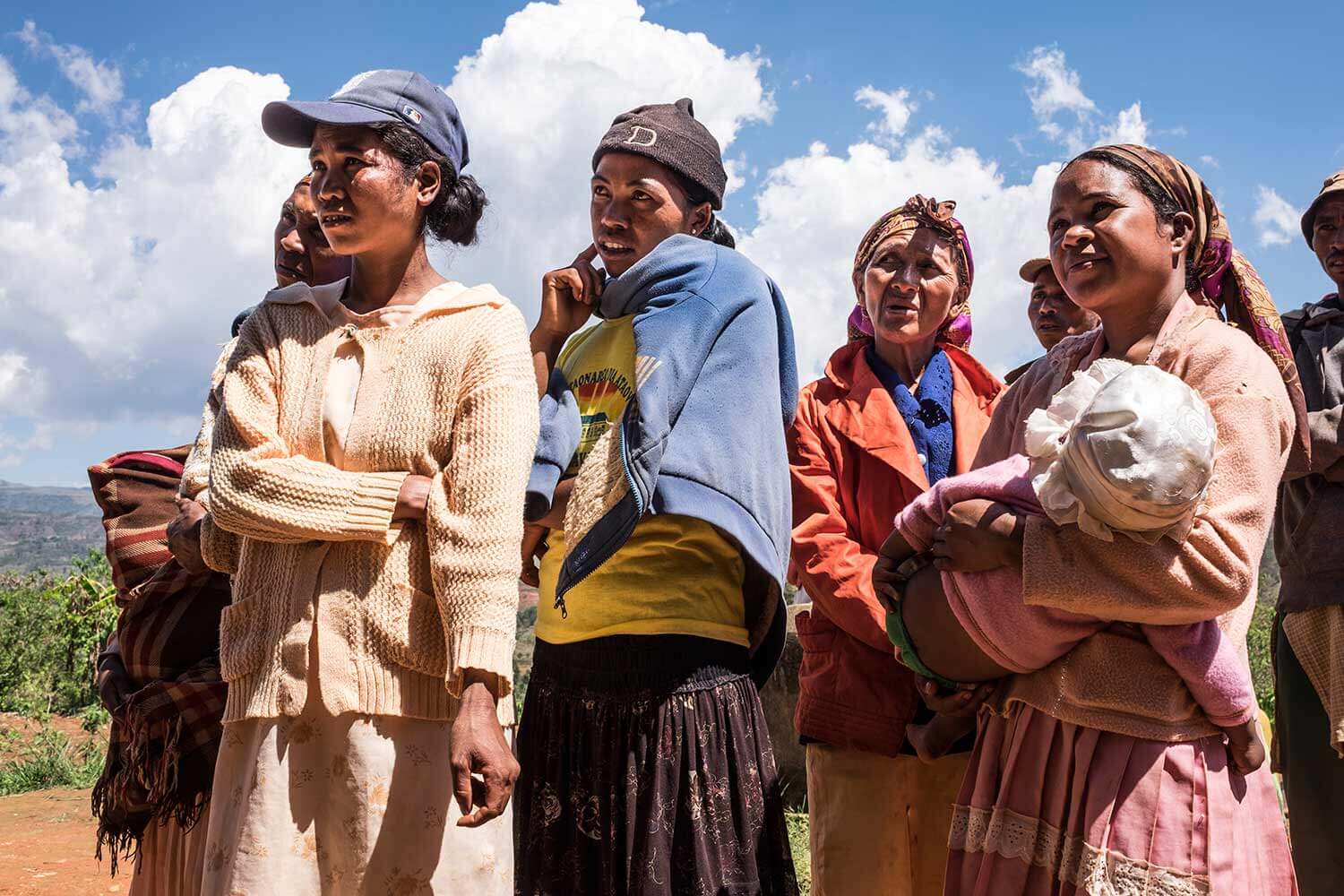
Madagascar
MSI has been working in Madagascar for the last 30 years to empower women and families with reproductive choices.
MSI Madagascar’s services include all modern methods of contraception and post-abortion care following an unsafe abortion, as well as maternal and child health services, cervical cancer screening and treatment and testing of sexually transmitted infections (STIs). For the next decade, MSI Madagascar’s focus will be on health services related to women’s “life cycle”, from menstruation to menopause.
MSI Madagascar works closely with the Ministry of Public Health and reaffirmed its commitment to strengthening the health system and ensuring universal coverage of maternal and reproductive care, in line with the integrated FP strategic plan SPSR 2021-2025, and the PF2030 programme. Respectively, they aim to achieve a modern contraceptive prevalence rate of at least 52% by the end of 2025 and 60% by the end of 2030. To achieve this goal, MSI Madagascar partners with numerous local associations led by women and youth, as well as a network of associations working in natural conservation, to target the hardest-to-reach population in Madagascar.
Contact us
Contact our Madagascar support office to talk about our work.
Marie Stopes Madagascar
IIP Lot 136a Avaradoha
Antananarivo 101
Madagascar
Tel: +261 020 22 403 04
Tel: 020 22 416 24
Email: [email protected]
Looking for services
Looking for services in Madagascar? Use the contacts below or visit our Madagascar website.
Tel: 411 (free for Madagascar networks)
Tel: +261 034 90 177 50





